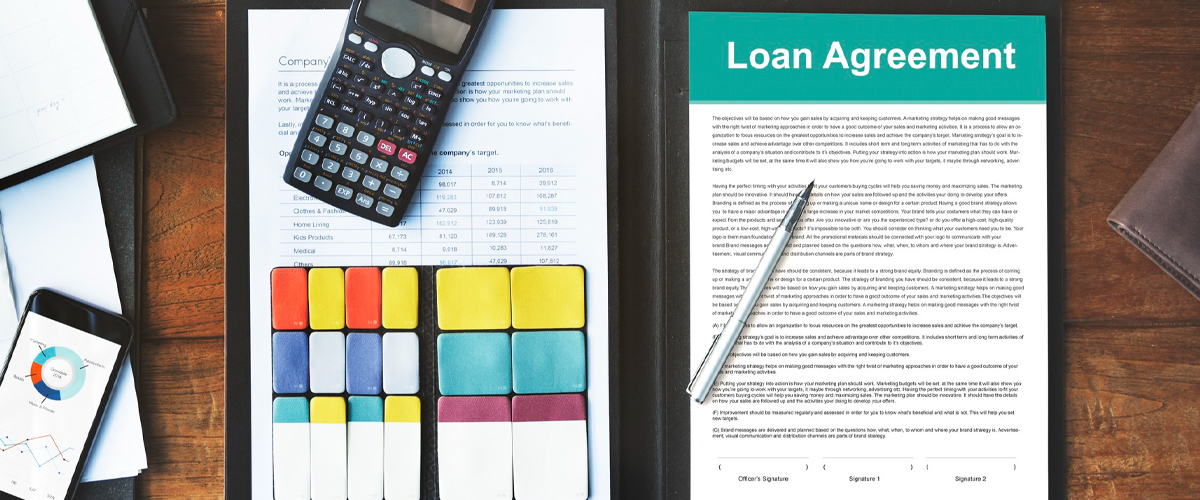Your credit score is more than just a number—it’s a powerful factor that lenders use to decide whether you qualify for a mortgage, car loan, personal credit line, or any other type of financing. Because of this, it directly impacts the interest rates you’re offered, the loan terms you receive, and even your total borrowing power.
At Credit1Solutions, we assist clients nationwide in boosting their credit scores so they can secure better approvals and lower interest rates.
📞 Need personalized help? Call 877-782-7839 today!
Why Credit Scores Matter for Loan Approvals
When you apply for a loan, your credit score influences several key factors:
-
Lenders Use Credit Scores to Measure Risk – The higher your score, the less risky you appear, which makes approval more likely.
-
They Determine Your Interest Rates – A good credit score can unlock lower rates, ultimately saving you thousands of dollars over the life of a loan.
-
Scores Affect Loan Limits and Terms – Conversely, a lower score could lead to reduced borrowing limits, higher down payments, or shorter repayment periods.
💡 Credit1Solutions Pro Tip: A score above 740 often qualifies you for the best rates on both credit cards and loans!
Minimum Credit Score Requirements for Common Loans
Before you apply, it helps to know what lenders expect:
Mortgage Loans
-
Conventional Loan – Recommended minimum: 620+
-
FHA Loan – 500–579 with 10% down or 580+ with 3.5% down
-
VA Loan – No official minimum, but 580–620 is typically preferred
Auto Loans
-
Prime Rates – 660+
-
Subprime Loans – 500–659
Personal Loans
-
Good Credit Rates – 660+
-
Fair Credit Options – 580–659
-
Bad Credit Loans – Below 580 (usually high interest)
📞 Curious about your loan options? Contact Credit1Solutions at 877-782-7839 for expert insight.
How Your Credit Score Impacts Loan Interest Rates
Your score doesn’t just determine whether you get approved—it also dictates how much you’ll pay:
-
Higher Scores Mean Lower Rates – This translates into lower monthly payments and significant savings over time.
-
Lower Scores Often Require Larger Down Payments – As a result, you may face more out-of-pocket costs upfront.
-
Your Score Can Influence Loan Fees – Riskier borrowers are more likely to be charged origination or processing fees.
💡 Credit1Solutions Pro Tip: Improving your score by even 50 points could reduce your interest rate by 2–3%—a savings worth thousands.
Smart Ways to Improve Your Credit Before Applying for a Loan
If your score isn’t quite where it needs to be, consider these proven strategies:
-
Pay All Bills On Time – Since payment history accounts for 35% of your score, consistency is crucial.
-
Reduce Your Credit Utilization – Ideally, keep your balances below 30% of your credit limit.
-
Hold Off on New Applications – Too many hard inquiries in a short time can lower your score.
-
Dispute Credit Report Errors – Even minor inaccuracies can hurt your score, so correct them as soon as possible.
📞 Need support with disputes or credit repair? Contact Credit1Solutions today!
Frequently Asked Questions About Credit & Loan Approvals
What score do I need to get a mortgage?
Most lenders look for a score of 620 or higher, but FHA options are available for lower scores.
Does a high credit score guarantee loan approval?
Not necessarily. However, it does greatly improve your chances and often secures better terms.
Will checking my score lower it?
No. Soft inquiries—like those from credit monitoring tools—don’t affect your credit.
Conclusion: Improve Your Credit to Improve Your Financial Future
Ultimately, understanding how your credit score affects loan approvals can put you in a better position to make informed financial decisions. Whether you’re buying a home, financing a car, or applying for a personal loan, a stronger credit profile gives you leverage.
At Credit1Solutions, we help people just like you qualify for better loans, rates, and terms—no matter where you live.
📞 Call 877-782-7839 today to get started on the path to better credit and smarter loan approvals!

